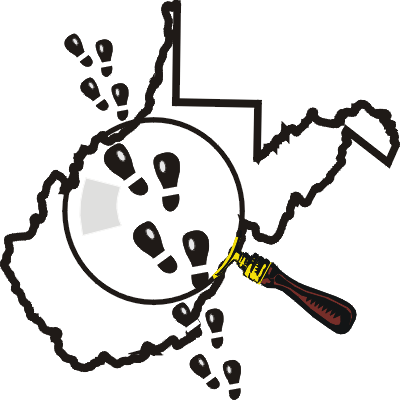
West Virginia
Infectious Disease Epidemiology Program
 |
West Virginia |
Public FAQ:
|
|
West Virginia Department of Health and Human Resources Information for the Public - SalmonellosisWhat is Salmonella?Salmonella is a bacteria that is found in the intestines of many animals, including birds, mammals and reptiles. Raw eggs, poultry, or meats can be contaminated with Salmonella. There are many types of Salmonella, most of which can infect humans. Illness from Salmonella can vary from mild diarrhea to serious disease, such as typhoid fever. What are the symptoms of Salmonella infection?For most people, Salmonella causes diarrhea, stomach cramps, and fever. Blood or mucous may appear in the stool. The diarrhea and other symptoms usually begin 6-72 hours after exposure and may last 48-72 hours, but the person may carry Salmonella in the intestines for weeks or months and be able to infect others. Rarely, Salmonella can get into the blood and infect organs such as the heart, lungs, and bones. Death from Salmonella is rare. Children under age five, the elderly, and people with compromised immune systems, such as those with AIDS, are at the greatest risk for severe disease. How is Salmonella spread?Because Salmonella is most commonly found in animals, people may get infected by eating foods contaminated with the bacteria (usually meats, poultry, and eggs). Salmonella is passed in the stool, and people may be infected by accidentally consuming feces from an infected animal or other human. Young children may be infected after handling pets such as chicks, ducklings, and especially reptiles, such as iguanas and turtles. How is Salmonella treated?In most cases, the only treatment is to drink lots of fluids to prevent dehydration. A doctor may give antibiotics to those at risk for severe complications. How can Salmonella be prevented?
|
|
State
of West Virginia (WV) A-Z Listing of West Virginia's Reportable Diseases
|